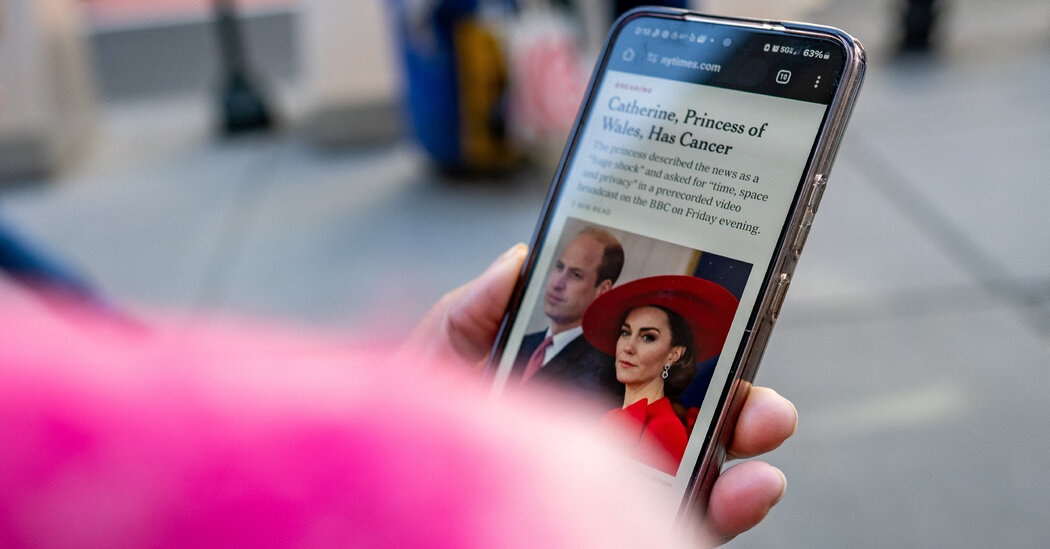Cancer is not just an intrusive, malignant replication of cells that “lives desperately, inventively, fiercely, territorially, casually, and defensively” in the body, as Siddhartha Mukherjee wrote in “The Emperor of All Maladies,” but it always carries with it a whiff of death. At its best, cancer is something to be vigilant about and to contain. At its worst, it destroys. In any person, a diagnosis of cancer comes with a recognition of mortality. In many people, especially young healthy people, it feels like betrayal.
“I had the easiest breast cancer I could have had,” Dr. Blumberg told me, “and it brought me up short.” She was diagnosed at 46 and is now 52. “It creates a sense of embarrassment that your body let you down at this age. I do remember feeling kind of stunned. Like, weak. Like embarrassed that my body had shown a vulnerability that I didn’t think I was going to have.” I felt the same way. We both also understood exactly how lucky we were to have small cancers, health insurance and doctors we could reach on the phone.
Still, for Catherine, whose royal image is one of lithe and capable athleticism, who has been photographed running, boating, mountain biking, and playing rugby, the news must be unbalancing. To process the reality of cancer — and the possibility of desiccation, weakness, and ugliness — when the public stakes in her vibrant health and beauty are so high, in the midst of the malign social media torrent, must feel outrageous.
With every cancer diagnosis comes the question of whom to tell, and when. And because cancer still carries with it such a deep sense of failure and shame, this telling is freighted with fear of judgment. When Susan Sontag wrote “Illness as Metaphor” in 1978, doctors in Italy and France did not tell any but “the most mature and intelligent” patients of their cancer diagnoses, fearing “the truth will be intolerable.” And “patients who know what they have tend themselves to be extremely prudish, if not outright secretive, about their disease,” she wrote. When, 40 years later, it was suggested, in a previous job, that I tell the HR manager about my breast cancer, I recoiled. I tell my friends everything, yet felt I did not know this man well enough to admit to a sickness in my left breast.
The desire to disclose the details of one’s cancer varies widely, depending on the nature and severity of the diagnosis, the patient’s support systems and responsibilities, and, of course, gender. “Cancer management, like all of life, does not occur within a vacuum. It occurs within a system of relationships,” wrote the authors of a 2003 paper on cancer management. A 2009 analysis affirmed the convention that young men tend to be stoical, but it noted that women can also feel responsible for how others receive the news. “Women described trying to ‘protect’ or ‘distance’ their families from their diagnosis, and several talked explicitly about their efforts to remain upbeat,” the researchers wrote.







